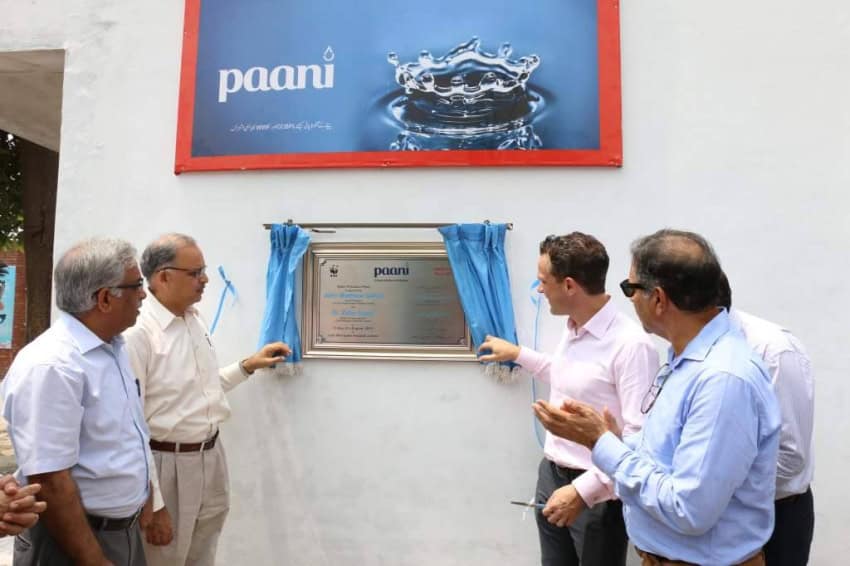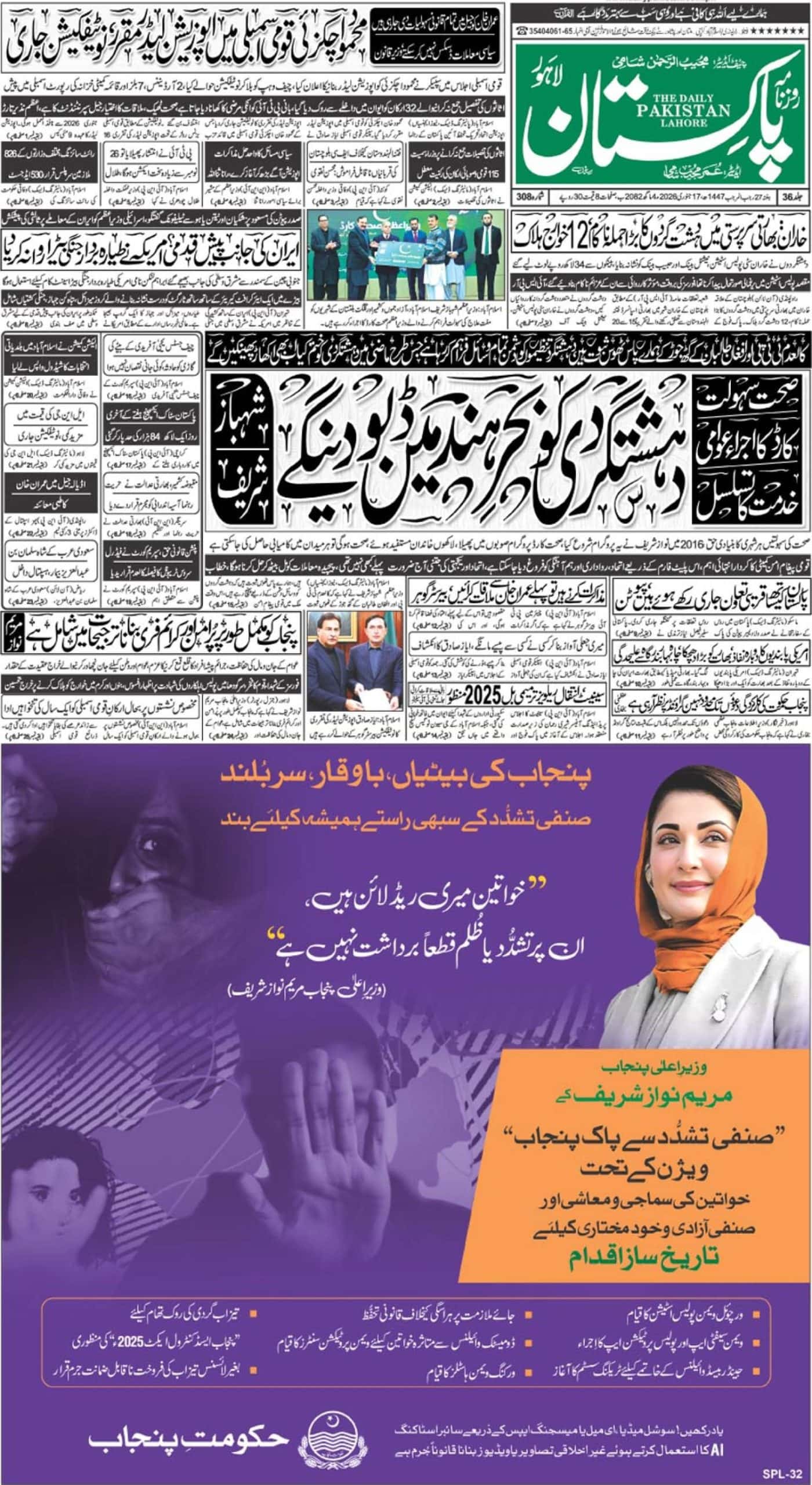LAHORE (Staff Report) – WWF-Pakistan and Coca-Cola Beverages Pakistan Limited (CCBPL), through their project Increasing the Supply and Access to Safe Drinking Water in Lahore inaugurated the second water filtration plant at Lady Willingdon Hospital here on Tuesday.
The plant was inaugurated by Dr. Ejaz Ahmad, Senior Director, WWF-Pakistan; John Mathew Galvin, General Manager, CCBPL and Dr Zafar Yusuf, Medical Superintendent, Lady Willingdon Hospital.
Speaking at the occasion, Dr. Ejaz Ahmad said, ‘There’s a dire need to protect the freshwater resources of the country in terms of quality and quantity in order to avoid water scarcity in future.’
Dr. Zafar Yusuf said that “The long-standing reputation of WWF-Pakistan in the water sector and the responsibility shown by Coca-Cola Beverages Pakistan Limited has resulted in a credible partnership. Hence this ultra-filtration water plant on our hospital premises will provide a clean drinking water supply to the hospital employees as well as the patients and their attendants.”
Zafar Abbas Jafri, Director Public Affairs and Communications (PAC), CCBPL said, “We at CCBPL care about the needs of communities and support solutions that are responsive to these needs. Our goal is to be a reliable partner in finding common solutions for common problems.”
According to Ali Hasnain Sayed, Senior Manager, WWF-Pakistan, “The project aims to install 15 water filtration plants in low-lying areas of Lahore to ensure a supply of safe drinking water to its people”.
A water testing survey of Lady Willingdon Hospital was conducted prior to the installation of the filtration plant, which showed the presence of arsenic levels greater than World Health Organization (WHO) standards in the area. The water filtration plant will provide access to safe drinking water to almost 4,000 individuals daily.
The installation of the filtration plant was accompanied by an awareness drive including a socio-economic survey of the area. People were made aware of the water woes of Pakistan and discussed ways in which sustainable use of this precious recourse can be promoted.













